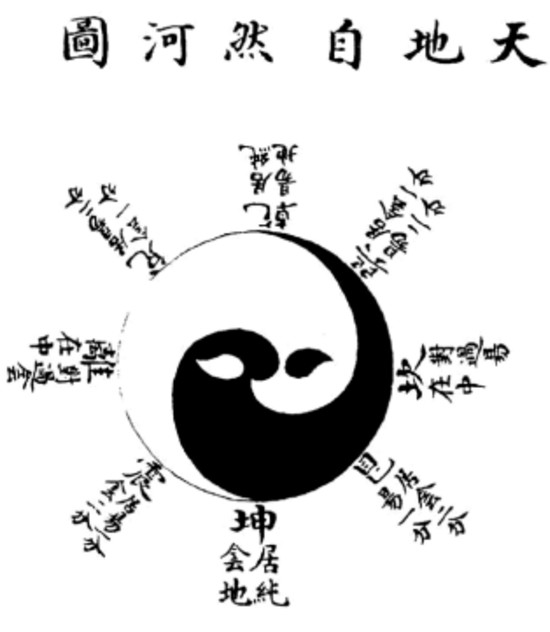(8 quatrains)
1. new moon
the
clothesline shadow sharpens on white clapboards:
the
wooden pins & dish towels float static
between
lilac’s silhouette & the window:
sun
crescent at the moon’s invisible edge
2. waxing crescent
crickets
babble like invisible water
from
all directions at once; white headlights flow
east-west,
almost steady; afloat in heaven’s
black
river: the crescent moon, luminous leaf
3. half moon
the
smears where plums dropped to the concrete grow darker
where
black plum leaves screen the streetlights; white roses
flank
the dim sidewalk, but it’s clear they’ve gone past—
half
moon in nameless purple sky: gaze elsewhere
4. waxing gibbous
kitchen
light walks through the backdoor screen, stretches
out
on the swing chair a low ginkgo bough holds
up—nothing
else is stirring, not even that
moon
half hidden in the ginkgo’s higher limbs
5. full moon
that
sconce light on the sky blue wall shines inside
the
picture window along with the porch light
across
the avenue; in the backyard the
moon
burns incandescent yellow by itself
6. waning gibbous
electric
crimson roses climb the stop sign,
but
the blooms don’t seem to listen; sunflowers
bask
in light off clapboards: beside a building
made
of windows, the waning moon hangs heavy
7. last quarter
clouds
at the horizon are such as they are,
far
west of the red-lettered gas station sign—
doubtful
we’ll comprehend them in this lifetime—
the
half moon’s vanishing in more than one sense
8. waning crescent
that
flash of a small white plane overhead; I
mistook
it for the moon, but it turns north—two
cabbage
whites thread through a garden that’s gone past—
this
crescent’s a paler cloud, off by itself
Jack Hayes
© 2017



